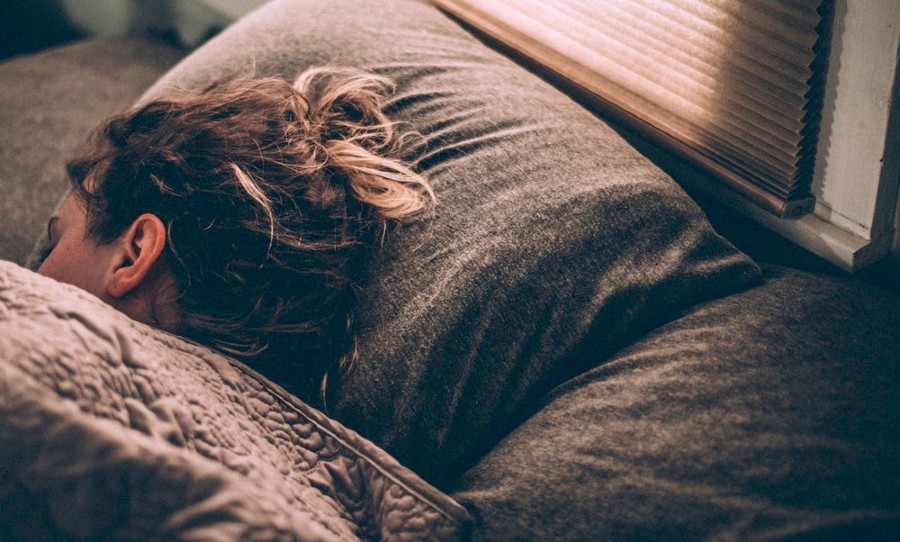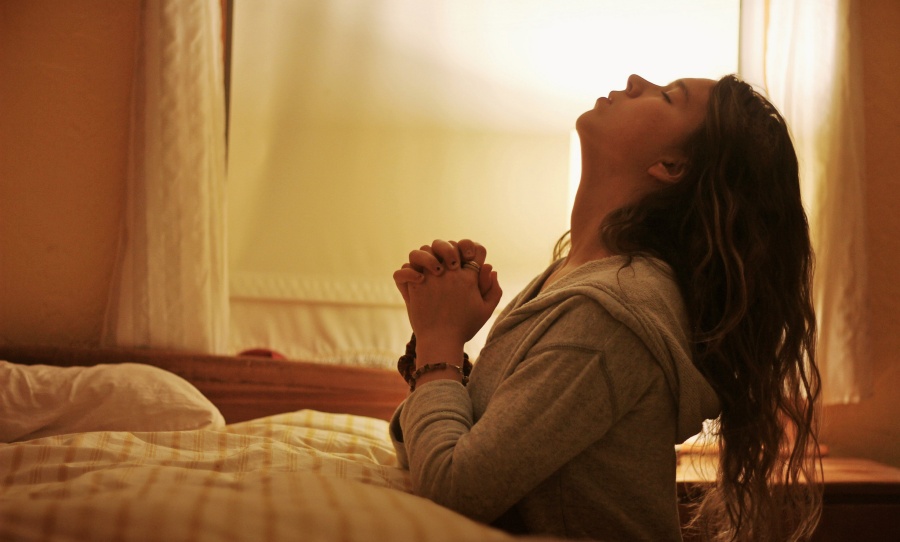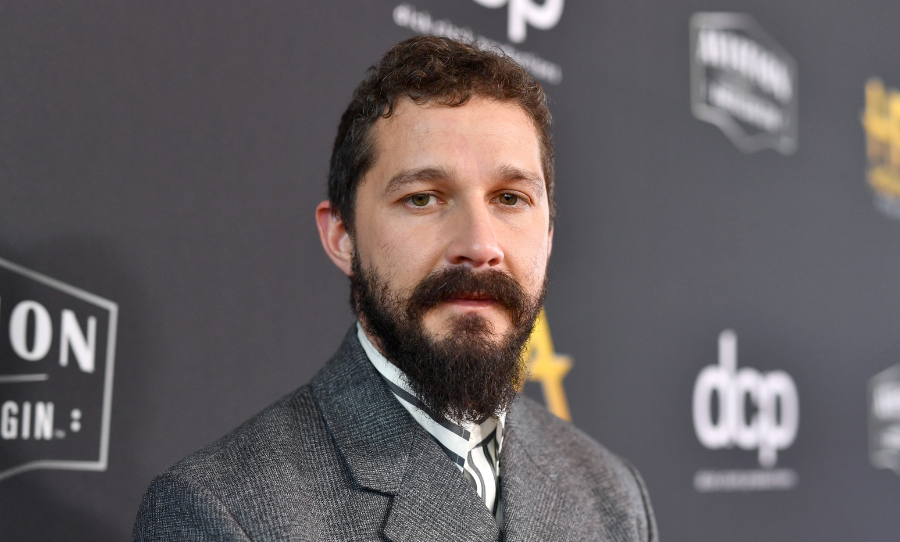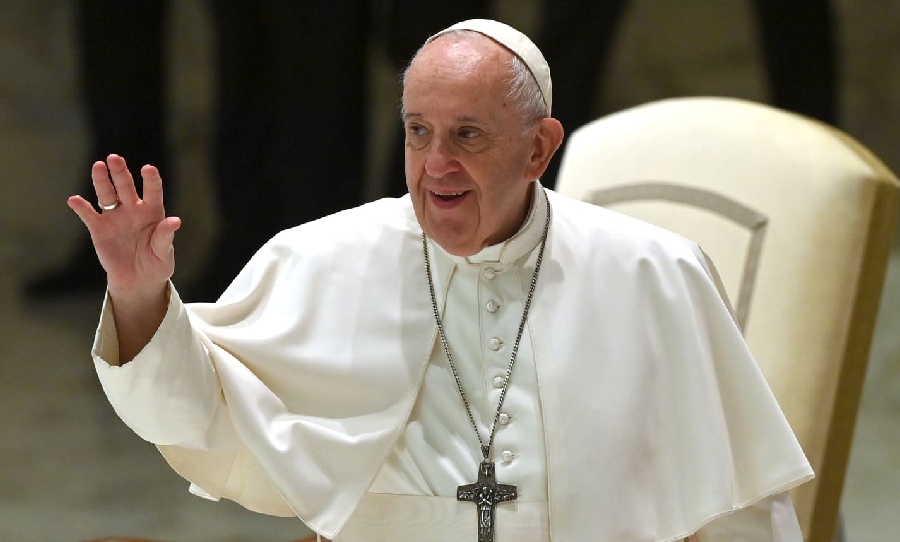An American study has found that atheists and agnostics are more likely to get the recommended hours of sleep as compared to their religious counterparts.
A study conducted by an American university has discovered that those who don’t believe in God are more likely to get the recommended hours of sleep in comparison to those of religious faith.
Baylor University student, Kyla Fergason, partnered with co-authors to survey 1,501 participants in the Baylor Religion Survey – a national survey on religious beliefs, values, and behaviours.

The survey came about after a conference held by the American Academy of Sleep Medicine (AASM) found that “The psychology of religion literature indicates that religious engagement is beneficial to physical and mental health.”
Fergason set out to test whether this theory would be reflected in sleeping patterns for those of areligious faith, hypothesising that Christians would indeed find sleep easier to come by.
The reason why atheists sleep better.
— GrymNotion (@GrymNotion) September 2, 2020
The AASM recommends 7-9 hours of sleep a night, stating that failure to get enough sleep would have serious consequences, and that lack of sleep was associated with increased anger.
The study found that 73 per cent of atheists and agnostics, who were grouped together, usually got the recommended hours of sleep.
In contrast, out of those who considered themselves religious, only 65 per cent felt they got enough sleep, with the figure at 63 per cent for Catholics and just 55 per cent for Baptists.
I just saw a study saying atheists sleep better than Catholics and Baptists. I’m sure we do. 😂
— zxxxxd 😋 (@zlr_xo) August 29, 2020
The results were of a surprise to Kyla Fergason, who is a Christian herself.
She said in a statement, “We know that sleep loss undercuts many human abilities that are considered to be core values of the church: being a positive member of a social community, expressing love and compassion rather than anger or judgement, and displaying integrity in moral reasoning and behavior.”
It is important to note that the study found a correlation and not causation, so there is no exact reason to explain the pattern.
Do Christian’s have more troubled consciences? Or do atheists simply wake up later? We don’t know for sure, but perhaps this set of unanticipated questions will lead to further studies to find out exactly that.
Just a correlation, but God moves in mysterious ways…
— Aleksandar Bogdanić (@AleksanBogdanic) August 29, 2020



